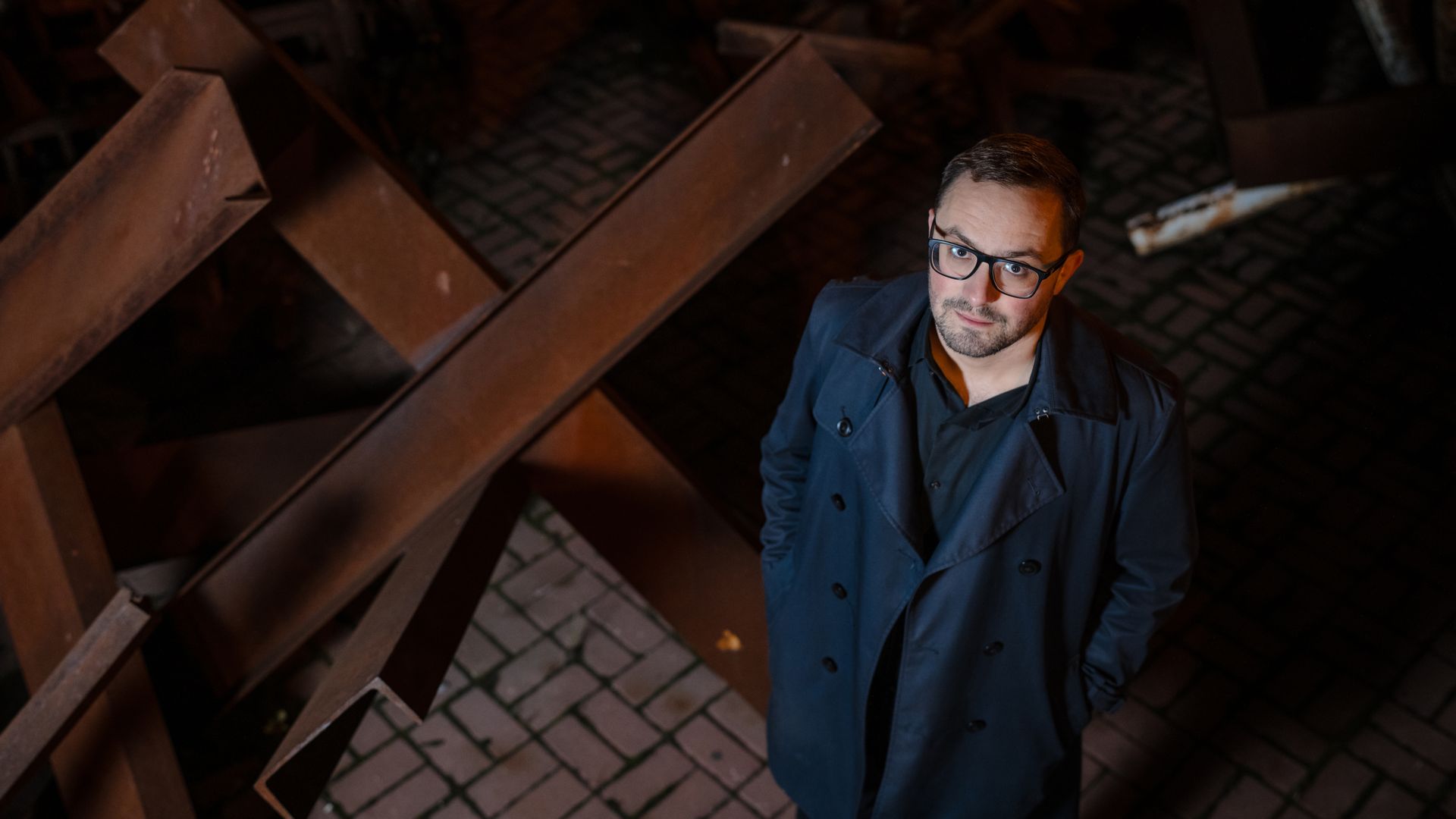The Soviets tried to silence Ukrainian poet Vasyl Stus. A new exhibition honors his legacy
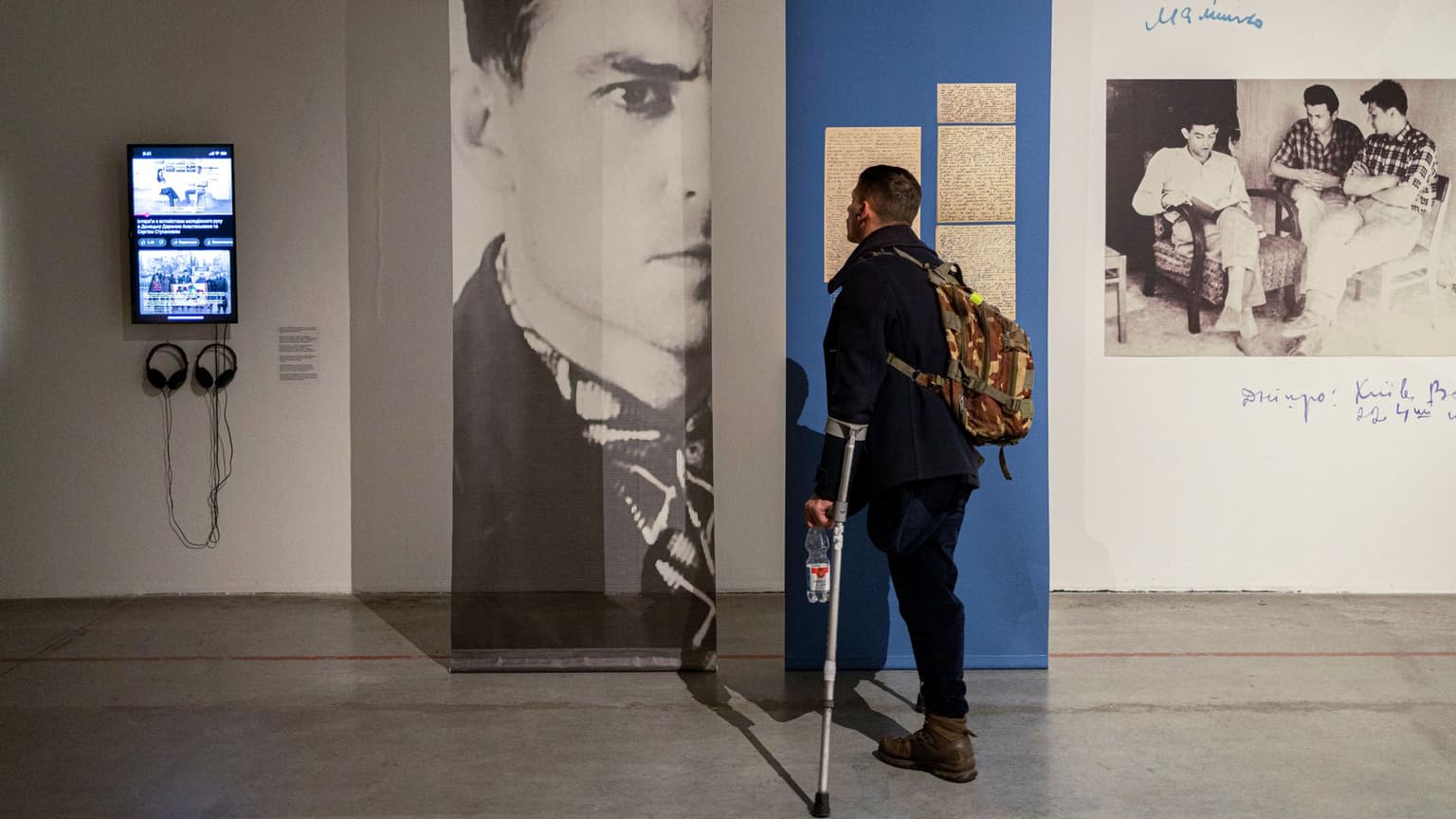
An exhibition dedicated to poet Vasyl Stus (1938-1985), one of the era’s greatest Ukrainian dissidents, in Kyiv, Ukraine, on Nov. 13, 2025. (Anna Donets / The Kyiv Independent)
While the Soviet authorities promoted their vision of ideological "universalism" — a homogenized identity that suppressed national cultures — dissenting voices were silenced through arrests, intimidation, and even murder.
Yet amid this repression, courageous figures refused to surrender their cultural identity. Among them was the poet Vasyl Stus (1938-1985), one of the era's greatest Ukrainian dissidents.
The new exhibition "As Long As We're Here, Everything Will Be Fine" at Kyiv's Mystetskyi Arsenal cultural and art complex is open from Nov. 13 to Feb. 8 and celebrates Stus's legacy,
The exhibition showcases his life and work that echoes Ukraine's ongoing struggle for freedom in the face of continued Russian aggression.
As the exhibition materials note, Stus seemed to understand — perhaps more deeply than most — that the dissident's path often meant "standing alone against the whole world."
The poet spent years cycling in and out of forced labor camps and exile. Following his 1980 arrest on charges of "anti-Soviet activity," he was assigned a young Viktor Medvedchuk by the state as his lawyer — against his wishes.
In the Soviet Union, defense lawyers were often tools of the totalitarian state apparatus rather than protectors of their clients' interests.
Medvechuk, who would go on to become a fugitive pro-Russian oligarch and godfather to Russian President Vladimir Putin's children, argued in court that Stus "deserved" punishment.
In 1985, the same year Soviet leader Mikhail Gorbachev announced an "easing" of restrictions across society, Stus died under questionable circumstances after launching a hunger strike in a forced labor camp for political prisoners in Russia's Perm region.
"Bearing the highest cost in human lives to deter the enemy, we often feel alone in holding back a force that threatens the entire democratic world."
The title of Mystetskyi Arsenal's exhibition — taken from a line written in a letter by Stus to a friend — resonates not only with the plight of an anti-Soviet dissident but with the current struggles of Ukrainians living through Russia's ongoing full-scale war.
The decision by Mystetskyi Arsenal to stage the exhibition was inspired by those very parallels, according to the organizers.
"Bearing the highest cost in human lives to deter the enemy, we often feel alone in holding back a force that threatens the entire democratic world," Yulia Naidukh, the curatorial team's project manager, told the Kyiv Independent.
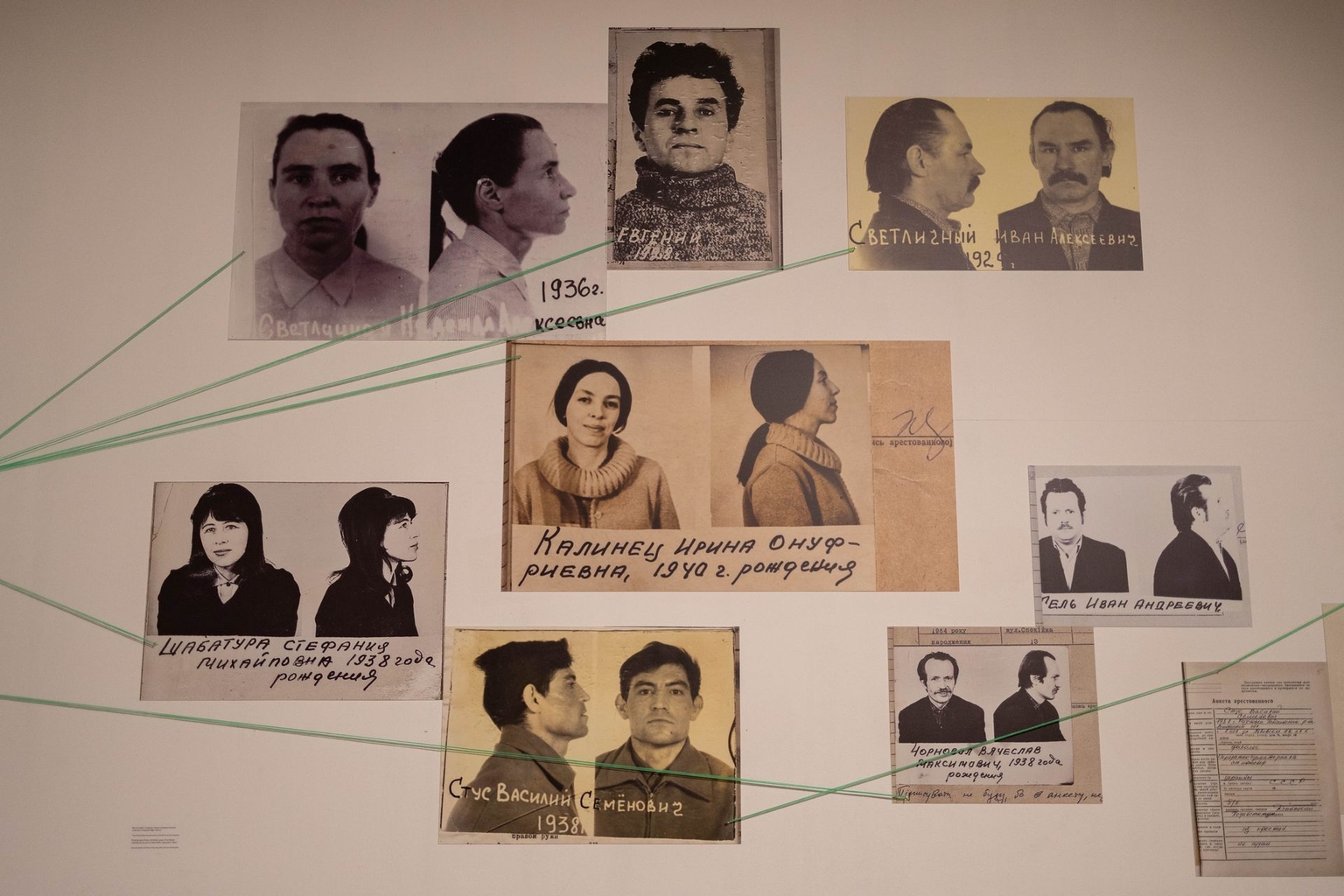
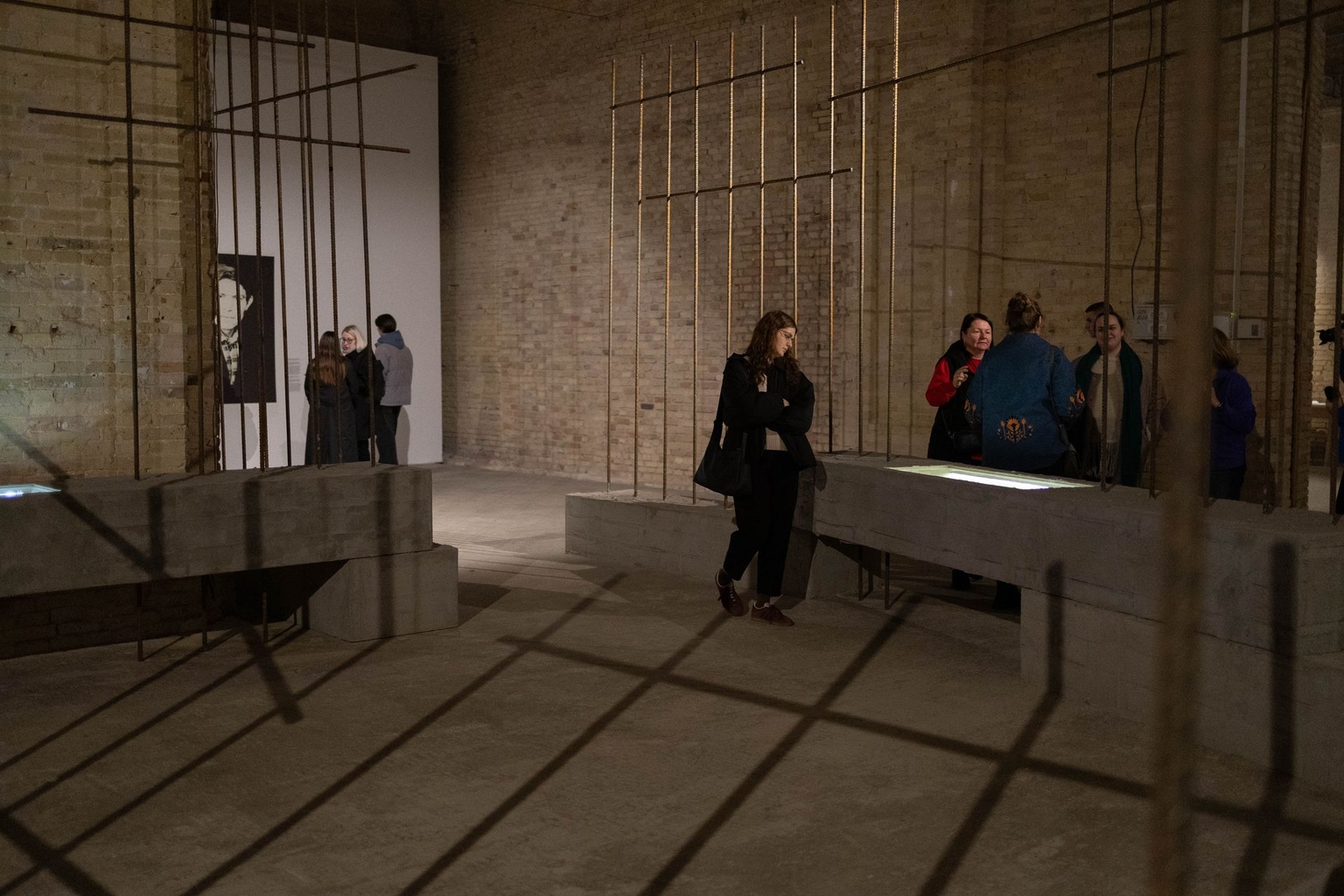
"Yet, the examples of those who suffered at the hands of the same evil half a century ago — fighting for the very cause we defend, and with even less support — can serve as a source of resilience and a remedy for despair."
The team behind the exhibition devoted a year and a half to its preparation, collaborating with more than 15 institutions. This included vital materials from Kyiv's Sixtiers Museum, dedicated to the anti-Soviet dissident movement of Stus' time.
Stus scholars, his relatives and friends, private collectors, and other individuals were also involved in the behind-the-scenes work to bring the exhibition to life.
Dmytro Stus, the son of Vasyl Stus, told the Kyiv Independent that his overall impression of the exhibition was positive.
Speaking on his father's enduring popularity today, he said, "I've been working on (my father's) legacy for 35 years. During this time a new field — Stus Studies — has been created, and it is perhaps one of the largest bodies of work in Ukrainian culture."
Despite the heavy subject matter, the process of preparing the exhibition came with pleasant surprises, according to Naidukh — like when they discovered previously unseen photos from Stus' reburial in Ukraine, after his body was repatriated from Russia.
"We were fortunate to meet a woman who, as a schoolgirl in 1989, had captured unique photographs alongside her father, a photojournalist, of the reburials of Stus and fellow dissidents) Yurii Lytvyn and Oleksa Tykhyi," she said.
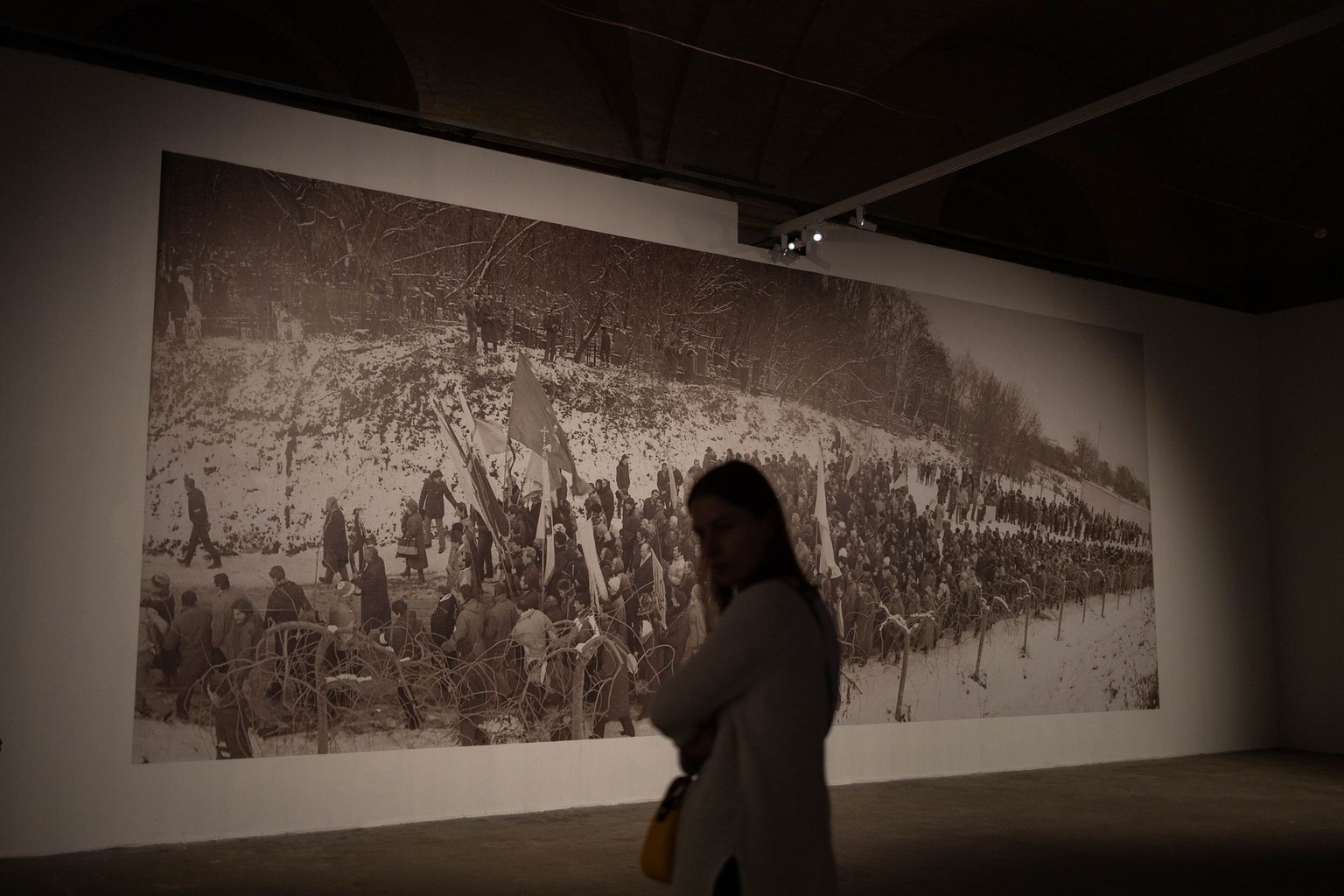
As visitors progress through the exhibition, the atmosphere grows increasingly somber. This includes an installation that recreates a holding cell, with three concrete-framed displays that showcase artifacts such as the tiny, nearly illegible handwriting of Stus’s poems later sewn into clothing by friends to be smuggled out of the Soviet Union.
Playing faintly from speakers above the holding cell is a recording of Ukrainian human rights activist Nadiya Svitlychna reading Stus' pivotal work "Palimpsests" — as well as the recording of a bird singing.
The most striking of the concrete-framed displays is the one left intentionally empty. Its label, "Bird of the Soul," refers to the poetry collection Stus was working on before his death — a manuscript confiscated by Soviet authorities. To this day, its whereabouts remain unknown.
"Dmytro Stus, Vasyl's son, tried to locate it in the Russian archives but was unsuccessful," Naidukh said. "We still don't know whether Stus' work survived or was destroyed forever."
The exhibition ends with a photo of a smiling Stus waving goodbye — a reminder that despite all Ukrainians have lost to Russia, those who survive will always find a way to keep their memories alive.
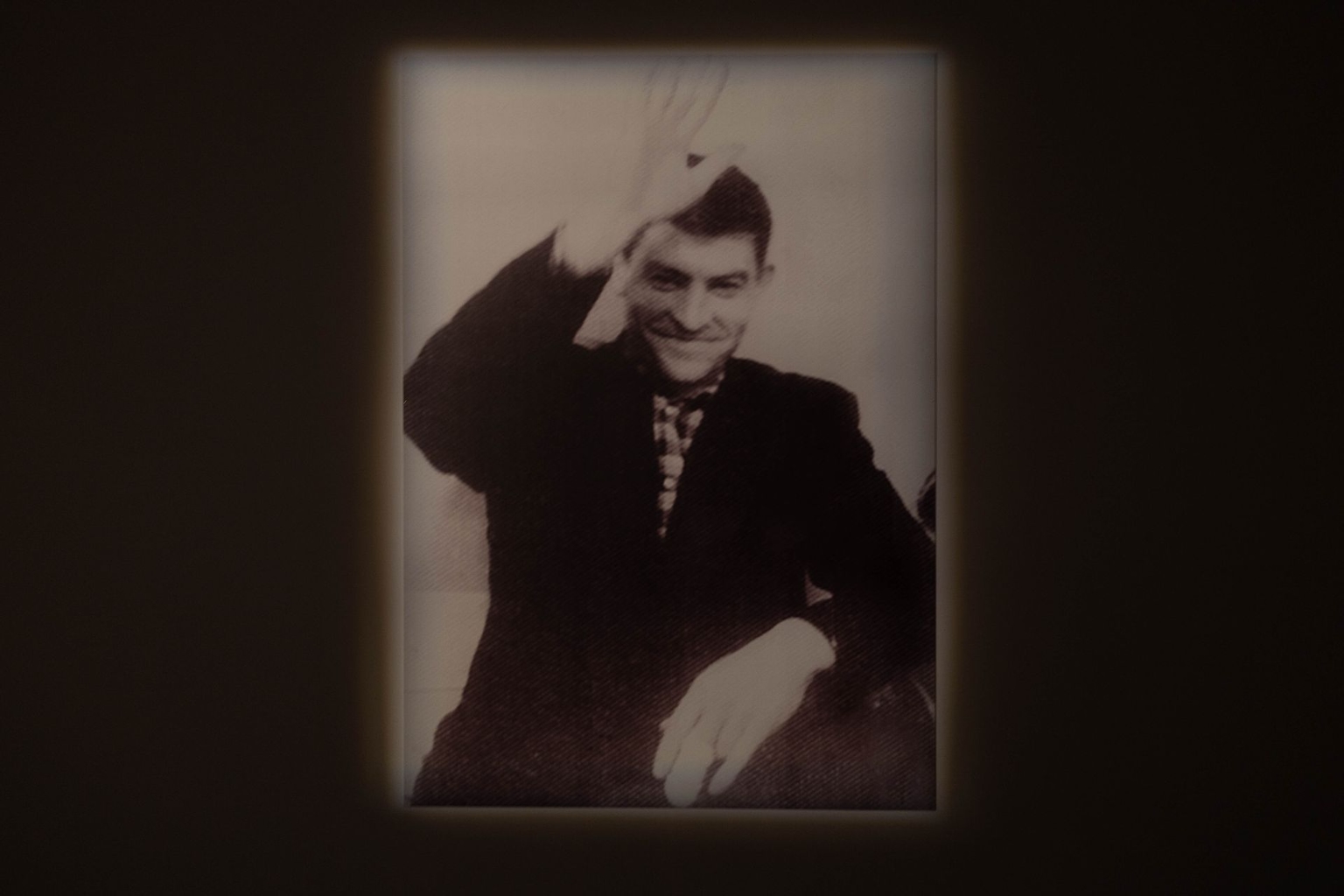
Note from the author:
Kate Tsurkan here, thanks for reading my latest article. Walking into this exhibition I immediately understood it was a matter of if, not when, I would cry. Vasyl Stus is one of my favorite Ukrainian writers not only for his brilliant poetry but for his strong moral conviction. If more people like him existed in this world, I think we'd be much better off.
If you like reading about this sort of thing, please consider supporting The Kyiv Independent.

